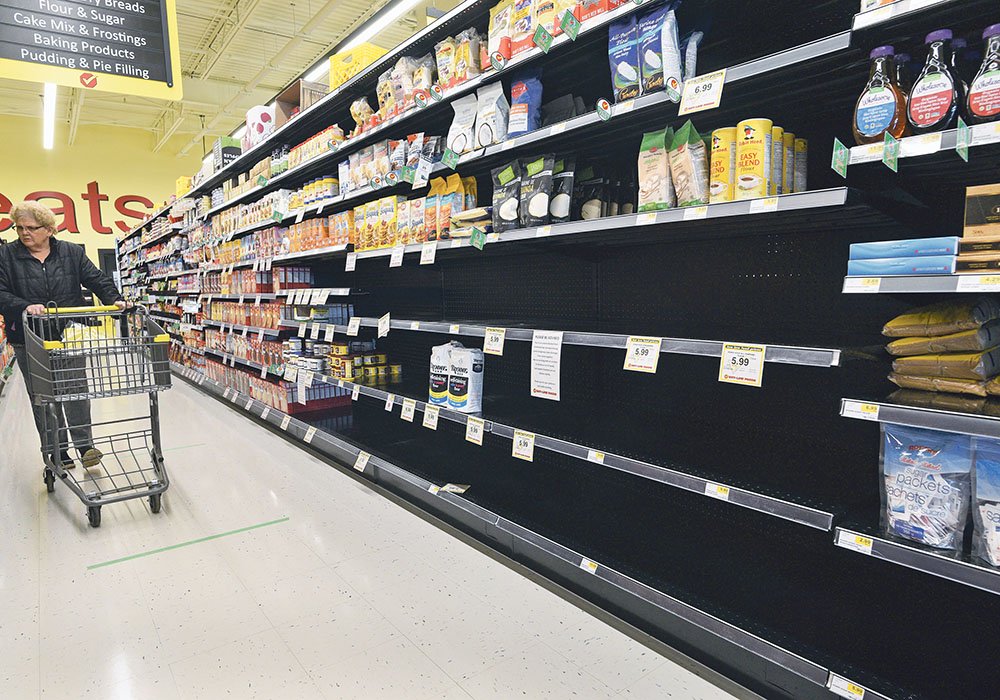Consumer attitudes toward food are changing, in some cases rapidly, as a result of the COVID-19 pandemic.
Ujwal Arkalgud, a cultural anthropologist and board member with the United States Center for Food Integrity, said consumers are becoming more interested in shortening food supply chains and reducing the distance food travels.
Those attitudes are not yet considered mainstream, said Arkalgud, but are moving in that direction according to data collected from the U.S. and United Kingdom.
“The interesting thing about this particular demand space is that … it is pre-mainstream acceptance but there’s a lot of growth and there’s about a 47 percent growth year over year happening in the consumers’ understanding of what this thing means to them in their lives.”
Read Also

Farming Smarter receives financial boost from Alberta government for potato research
Farming Smarter near Lethbridge got a boost to its research equipment, thanks to the Alberta government’s increase in funding for research associations.
His data also indicated rising acceptance and support for increasing local food production.
Kevin Ryan, founder of a consulting firm for consumer goods and food services, said he is seeing changes in corporate attitudes as they also digest the changes resulting from the pandemic.
That includes a switch from sustainability as a marketing buzzword to its use in supply chain security instead.
“COVID has brought attention to the fragility of the supply chain for a lot of corporations,” said Ryan.
There are black swans — unforeseen catastrophic events — but now corporations are also thinking about and preparing for green swans, defined as environmental issues that could take down the food industry.
“We need to be prepared for that, is what I’m hearing behind the scenes, in taking this even more seriously not just because it’s good marketing,” said Ryan.
An inability to source certain materials during the pandemic has highlighted the potential of “de-globalization,” a move that was happening to some degree before the pandemic but is now in sharper focus.
“Some companies are beginning to rethink their sourcing and distribution methods in a less flat, smaller world — one where their efforts will be more highly scrutinized,” Ryan said.
He also referred to “economic decarbonization,” the fact that fewer cars on the road and planes in the air due to COVID-19 have dealt a blow to coal, oil and gas industries. More support for green energy solutions could result.
The pandemic has been painted as a common invisible enemy that unites people in the fight, but Ryan speculated that people might take that attitude further and apply it to other invisible elements such as pollution and pesticides; things that affect the perceived purity of food.
Arkalgud and Ryan both noted an increasing trend of people looking to technology to improve food systems now that they’ve become more aware of sources and supply chains during the pandemic.
Contact barb.glen@producer.com


















